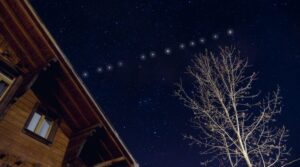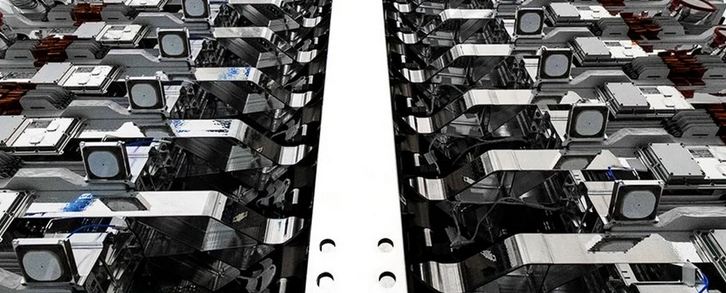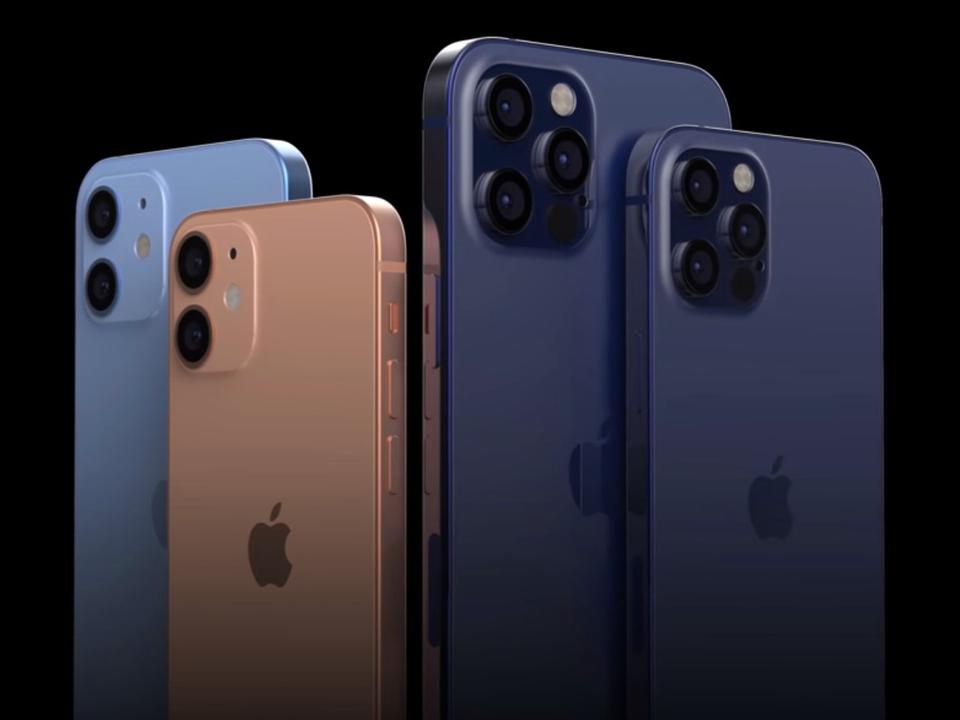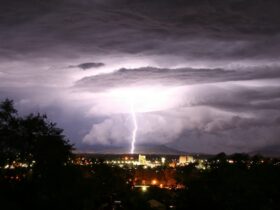Back in 2019, the first bright trails of the Starlink satellites flourished across the night. Such an intriguing event, however, made scientists worry. They believed that the satellites would overshadow the stars.
Now, Starlink is almost invisible to the naked eye thanks to the new sun-visors (VisorSats) blocking the sunlight from reflecting off the satellites’ brightest parts. But, it is enough for space research?
According to a new report, the Starlink satellites still bother scientists a lot.
Here is what you need to know.
Blocking the Telescope Observations: a Huge Issue
In the new report, engineer Tony Mallama determined that the “visored” satellites still have a high brightness of 5.92. Such a result means that we could still see them. How could SpaceX solve this issue?

The space company did come up with a solution, but it’s not going to be better. That include making up the satellites more than 2.5 times darker than they are now.Â
By doing that, the satellites could still block telescope observations and wreck astronomers’ data.
Astronomy Isn’t Take Into Account
SpaceX is not the only company that wants to develop a constellation of satellites.
Amazon and OneWeb aim as well to make their batches of satellites. There’s even a Chinese company that already filed a proposal to develop a constellation of approximately 13,000 satellites. But that’s not all.
Scientists are very concerned about OneWeb mainly. The company intends to launch its satellites much higher than SpaceX did. So, we would be able to see them for a longer time in the night.Â
According to Mallama’s calculations, the OneWeb satellites will be as bright as Starlink’s VisorSats, troubling a lot all the astronomers’ data and observations.
The FCC, responsible for the authorization of the use and flight of the Internet satellites in the US, stated that restricting astronomy disturbance is “not a condition” for licensing.
Everyone needs a solution as quick as possible to stop the disruption of all parts involved.











Leave a Reply